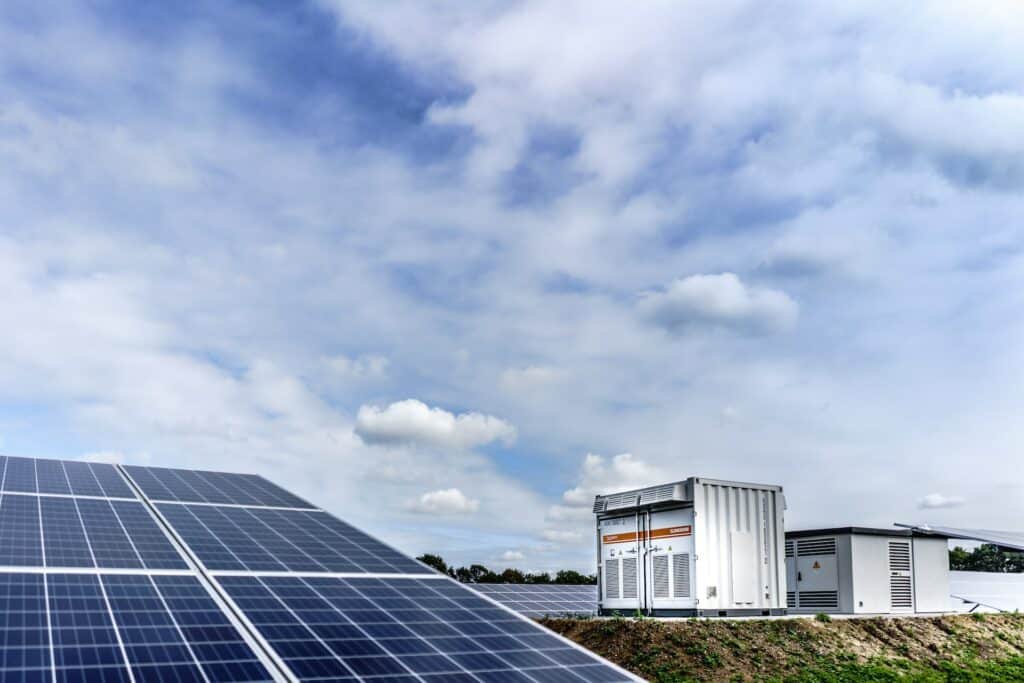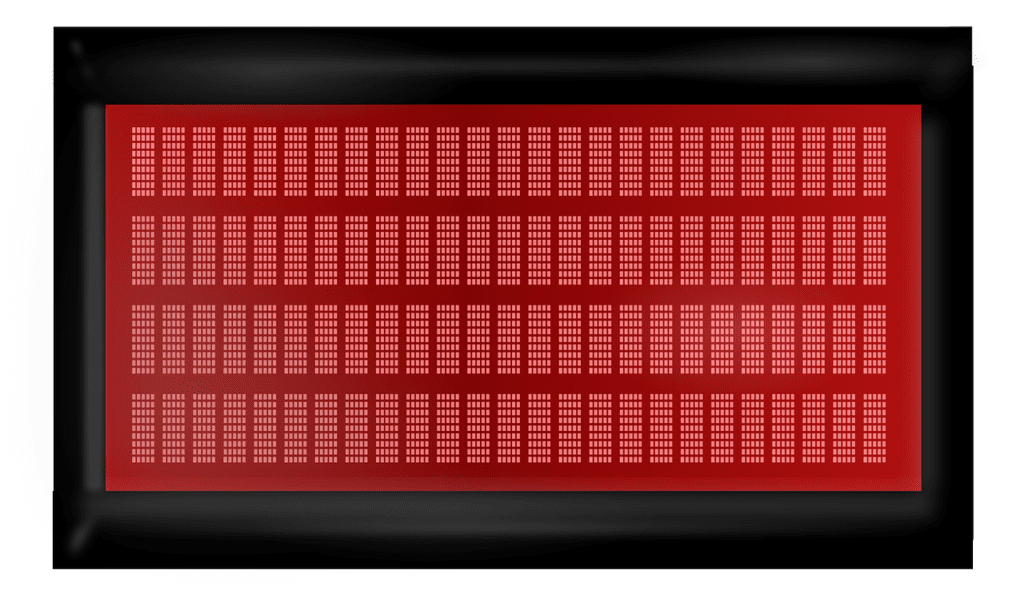Cost-wise, electric heat is a more expensive way to heat
From a purely cost point of view, electric radiators are one of the worst ways to heat the home. Our site had carried out a cost comparison of the different ways to heating a home. Electric heating is more expensive than oil and natural gas. And by electric radiator, we don’t mean heat pumps, only purely radiative electrical heaters.
It’s a different story when it comes to the carbon emissions. Whether or not electric heating is good for carbon emissions depends on where you live. The reason is because where you live determines the source and carbon intensity of electricity.
Emissions-wise for electric heat, it matters where you live
Living in a Scandinavian country means your electricity more likely comes from nuclear, hydro power, and geothermal, all low carbon intensity. Living in South Africa means your electricity more likely comes from oil, high carbon intensity. So if you use an electric radiator in the first country, it will be less polluting than using an electric radiator in the second. For quantitative comparison, we also covered on this site the best places for low carbon intensity electricity sources.
So in short, besides heat pumps, the answer is no, electric radiators are not energy efficient. However, they are carbon efficient if you live in the right place! The way to check and make your decision, is to find out what is the average carbon emissions of your grid in grams of CO2 per kWh of energy generated. If your electricity’s carbon emissions is lower than that of an alternative, such as natural gas, then it’s ok to switch.
In the US switching to electric heat would result in a higher bill than natural gas or using a heat pump. Your rates will depend on where you live. Scenario 1, if you end up paying less for cleaner electricity, then its a no brainer and you should switch. Scenario 2, if you pay more for cleaner electricity, then you’re paying the “green premium“. The green premium threshhold is a personal preference. 3, if you pay less for dirtier electricity, you’re expressing a preference to not pay the green premium. 4, the final scenario is paying more for dirtier electricity – no one would do that, would they?
What Are Electric Radiators?
Electric radiators are a type of space heater that uses electricity to generate heat. Unlike traditional space heaters, which use gas or oil, electric radiators are 100% efficient, meaning all of the energy they use is converted into heat.

Electric radiators are an increasingly popular way to heat homes and businesses, but what makes them so energy efficient? Simply put, electric radiators are designed to maximize the use of electrical energy, minimizing heat loss and maximizing comfort. For example, many models feature thermostatic controls that allow users to set the optimum temperature for their space. When the set temperature is reached, the radiator will switch off automatically, preventing wasted energy.
In addition, advanced thermal imaging technology is often used in the construction of electric radiators. This ensures that the heat generated by the radiator is evenly distributed, further reducing energy wastage. As a result, electric radiators can provide an extremely efficient and cost-effective way to heat any space.
Here Are 7 Types of Electric Radiators
Electric radiators are available in a variety of sizes and styles, making them a versatile heating solution for any space. Here are seven of the most effective and efficient electric radiators:
1. Radiant Heaters
Radiant heaters work by emitting infrared radiation which is then absorbed by objects in the room, causing them to heat up. This type of heating is very efficient as it does not rely on convection to circulate the heat around the room.
2. Panel Heaters
They work by heating a metal panel which then radiates the heat around the room. Again, this type of heating is very efficient as there is no need to circulate the air to distribute the heat.
3. Oil-Filled Radiators
Oil-filled radiators are filled with a special type of oil that retains heat for a long period. Once the radiator has been turned off, the oil continues to radiate heat around the room, providing a steady and consistent source of warmth.
4. Infrared Heaters
Infrared heaters work in a similar way to radiant heaters, but they use infrared waves instead of radiation to heat objects in the room. These waves are invisible to the naked eye but are very effective at heating objects that they come into contact with.

5. Storage Heaters
Storage heaters are designed to store energy during the night when electricity prices are lower and then release this stored energy during the day when prices are higher. This makes them an extremely cost-effective way to heat your home as you can take advantage of cheaper night-time electricity rates.
6. Fan-Assisted Storage Heaters
As their name suggests, fan-assisted storage heaters have a built-in fan that helps to circulate the stored heat around the room, making them even more efficient at distributing warmth evenly throughout your home.
7. Underfloor Heating
Underfloor heating is an extremely efficient way to heat your home as it circulates warm air around the room without having to rely on convection currents. This means that there is very little wasted energy as all of the warmth is distributed evenly throughout the space. Underfloor heating is also very gentle on your feet as there is no risk of burning yourself on hot surfaces.
Benefits Of Electric Radiators
Electric radiators are a great way to heat your home in an energy efficient manner. Here are some of the benefits of electric radiators:
1. Electric radiators don’t require any ventilation, unlike gas or oil heaters which need to be vented to the outside. This means you can place electric radiators anywhere in your home, without worrying about ventilation issues. Ventilation complicates the installation by requiring piping outside the home. The ventilation piping is governed by ordinances and technical constraints.
2. Electric radiators are safer than other heating methods as there is no risk of carbon monoxide poisoning. Carbon monoxide is a colorless, odorless gas that is a by-product of burning fossil fuels and is dangerous if inhaled.
3. Electric radiators are a low maintenance option as they don’t require annual servicing like oil heaters. Natural gas heaters also tend to be pretty low maintenance. All you need to do is keep the radiator clean and dust-free and it will last for many years.
Drawbacks Of Energy Efficient Electric Radiators
As people explore ways to cut their energy consumption and costs, energy-efficient electric radiators are rising in popularity. Before making the transition, however, you should be mindful of a few issues with these radiators.
1. Their operation will cost more than non-electric radiators or heat pumps.
2. They occasionally produce an annoying humming noise. This is usually due to improper installation or loose connections, but it can be a nuisance nonetheless.
3. Radiative heat can take longer to heat up than traditional radiators. This can be an issue on cold mornings when you’re trying to get warm in a hurry.
4. They generate a fair amount of heat themselves, which can make them uncomfortable to touch. This is usually not an issue if the radiator is installed high on a wall, but it can be an issue if the radiator is installed at floor level. But natural gas and other heaters can also power radiative heaters that are hot to touch.
Conclusion
Electric radiators are one choice for heating a home. They have a few advantages over conventional natural gas or oil-fired ones. Those advantages are being competed away due to better products coming from natural gas and heat pump technologies.
